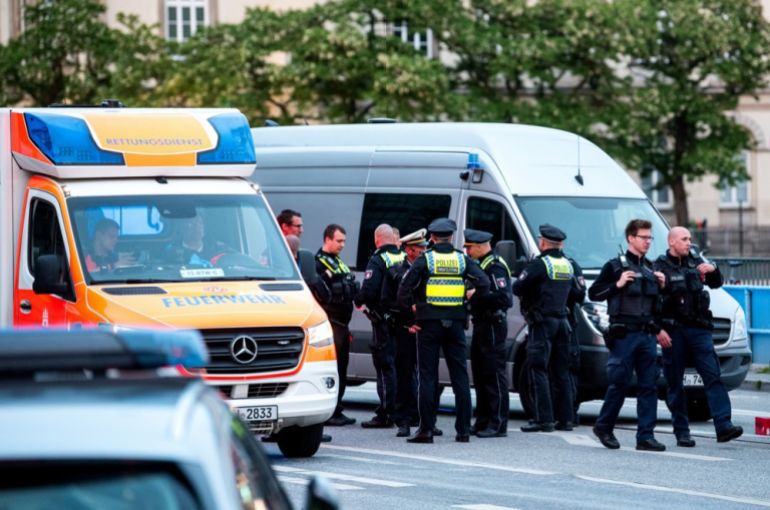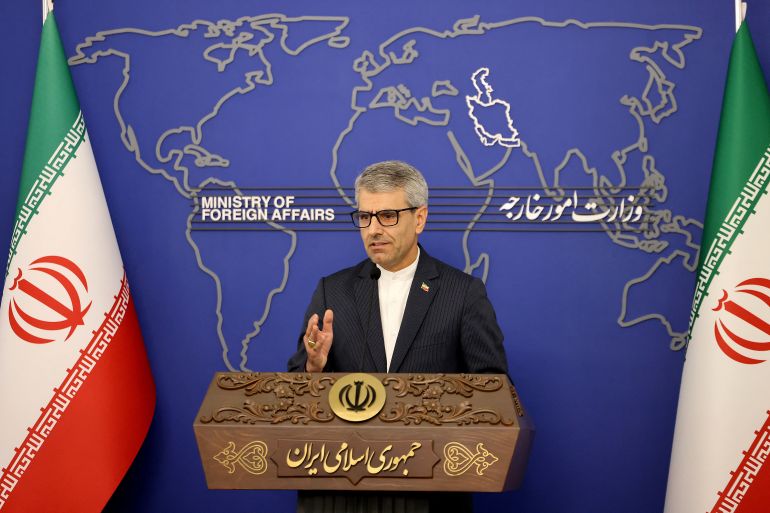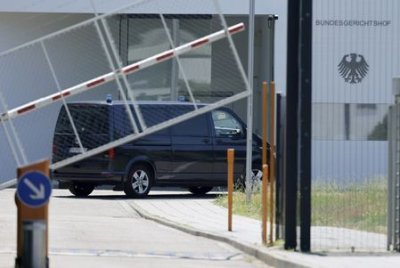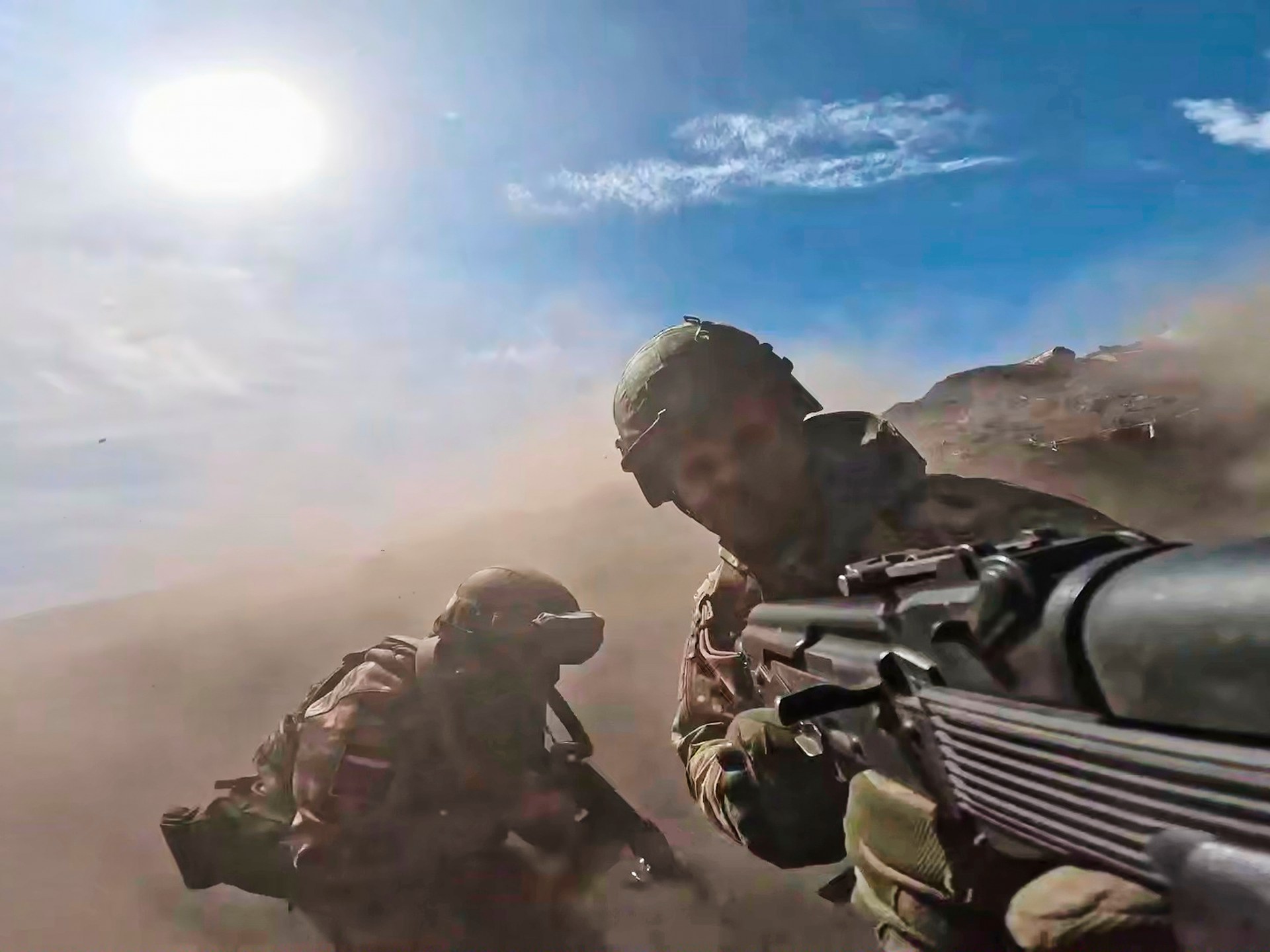German woman arrested after mass stabbing at Hamburg train station | Crime News
Police say four victims face life-threatening injuries, suggest suspect may have have suffered a ‘psychological emergency’.
Authorities in Germany have arrested a woman after at least 17 people were injured in a knife attack at the main train station in the northern city of Hamburg.
At least four of the victims sustained life-threatening injuries in Friday evening’s mass stabbing incident, which took place in the middle of the city’s evening rush hour, emergency services said.
The suspect, a 39-year-old German woman, was arrested at the scene by law enforcement, a Hamburg police spokesperson said.
Officers “approached her, and the woman allowed herself to be arrested without resistance”, spokesman Florian Abbenseth told journalists in comments carried by public broadcaster ARD.
“We have no evidence so far that the woman may have had a political motive,” Abbenseth said.
“Rather, we have information, based on which we now want to investigate, whether she may have been experiencing a psychological emergency.”
The suspect was thought to have “acted alone”, Hamburg police said in a post on X.
Four of the victims have suffered life-threatening injuries, Hamburg’s fire department spokesman said, revising down an earlier figure.
The suspect was thought to have turned “against passengers” at the station, a spokeswoman for the Hanover federal police directorate, which also covers Hamburg, told the AFP news agency.

Images of the scene showed access to the platforms at one end of the station blocked off by police and people being loaded into waiting ambulances.
Four platforms at the station were closed while investigations were ongoing, and railway operator Deutsche Bahn said it was “deeply shocked” by the attack. German Chancellor Friedrich Merz also expressed his shock in a call with the mayor of Hamburg following the attack.
Germany has been rocked in recent months by a series of violent attacks that have put security at the top of the agenda.
The most recent, on Sunday, saw four people injured in a stabbing at a bar in the city of Bielefeld. The investigation into that attack had been handed over to federal prosecutors following the arrest of the suspect, who is from Syria.





